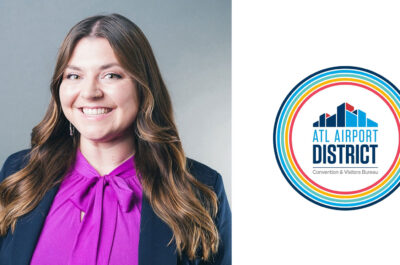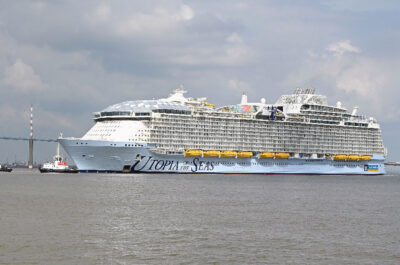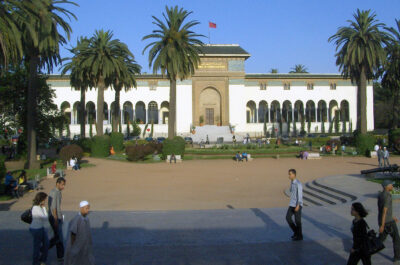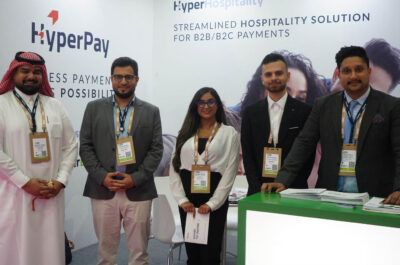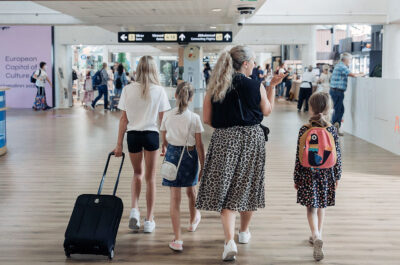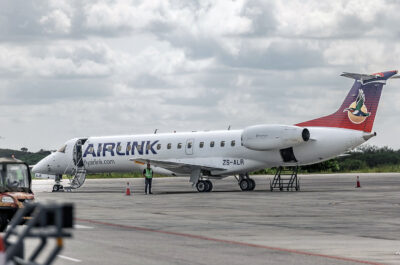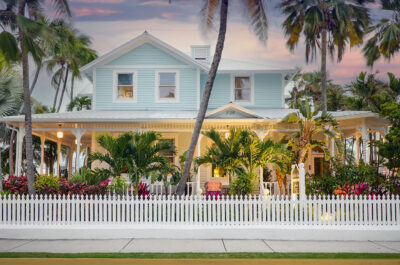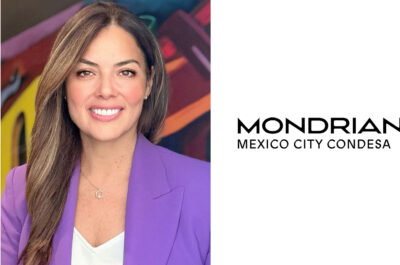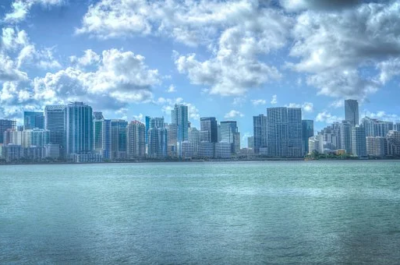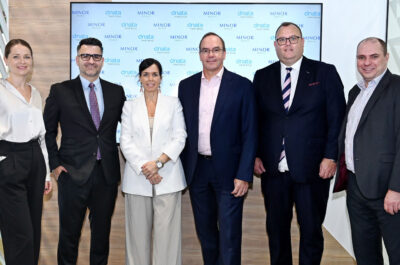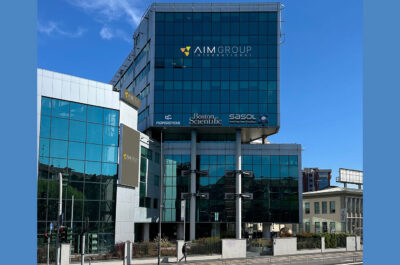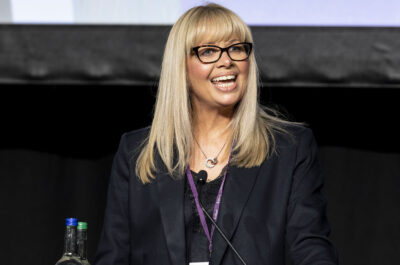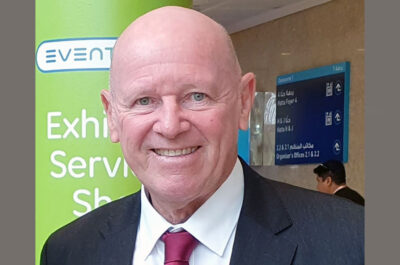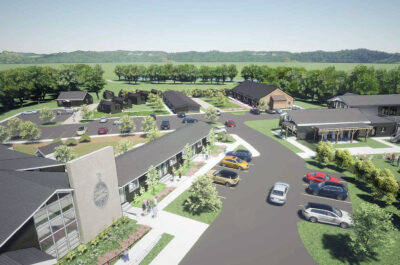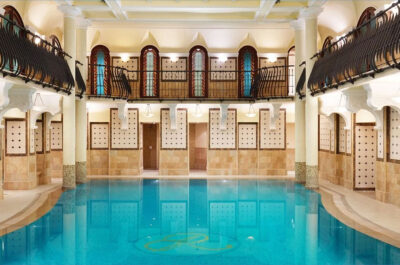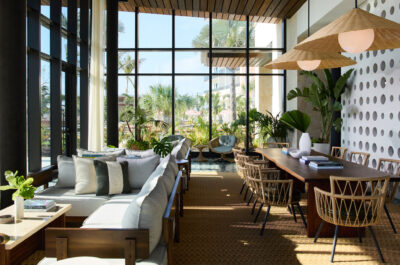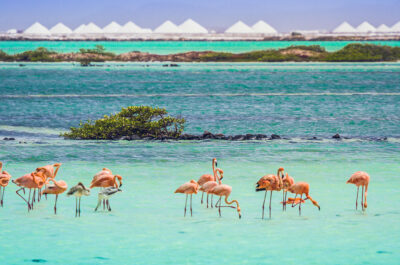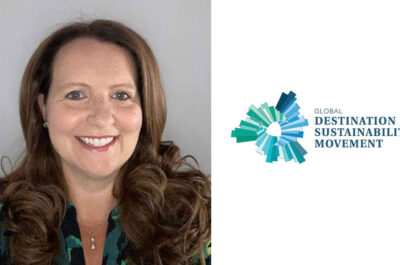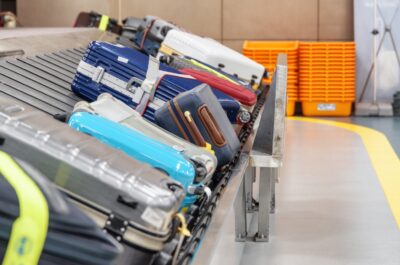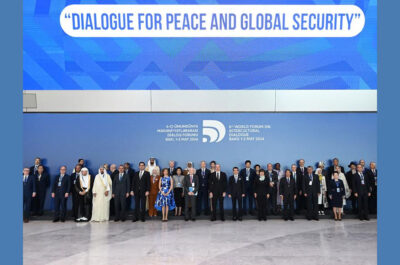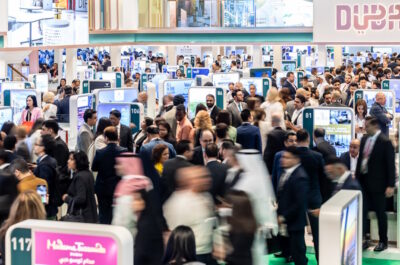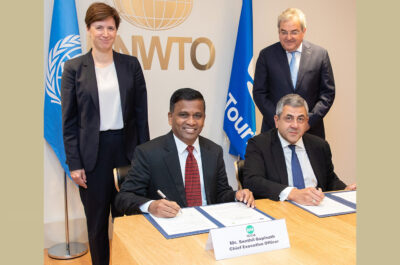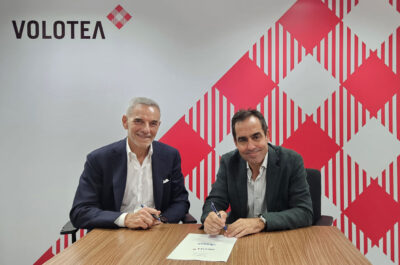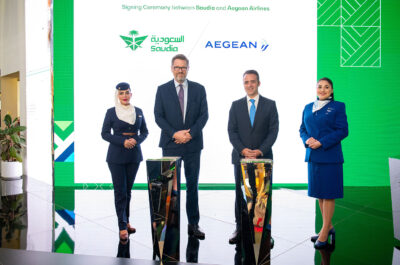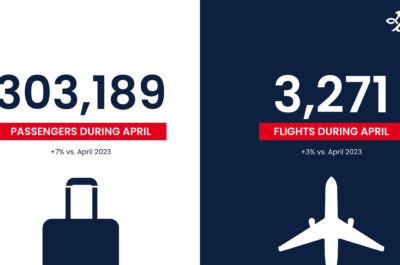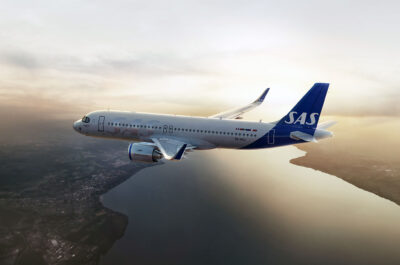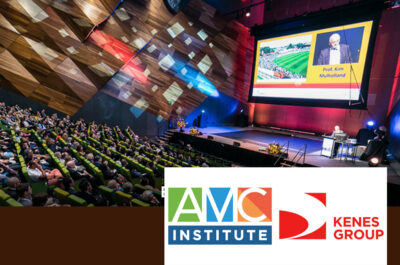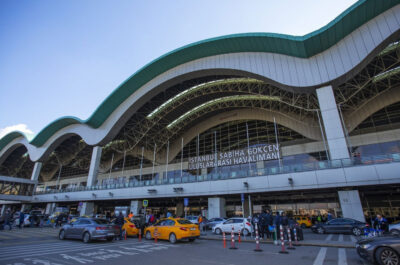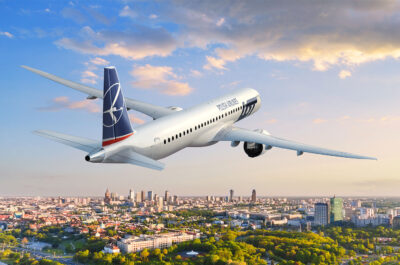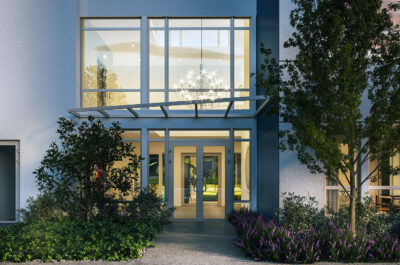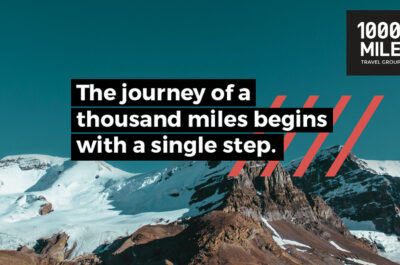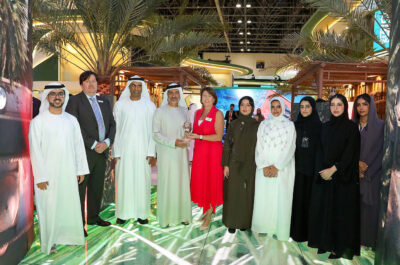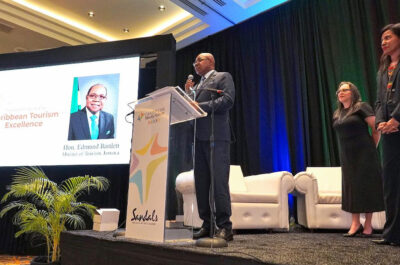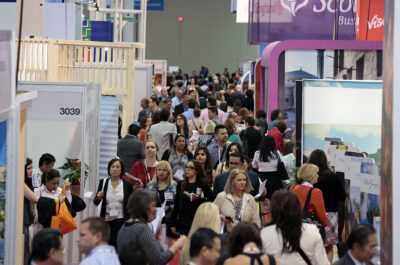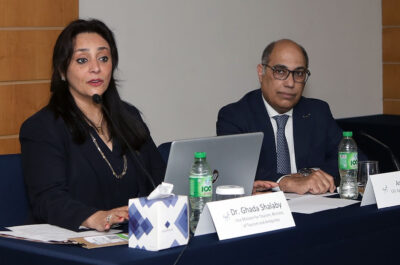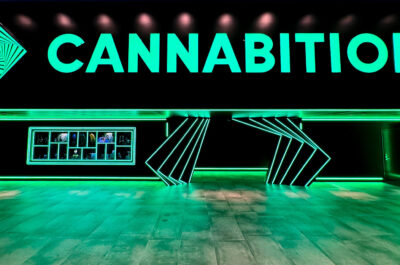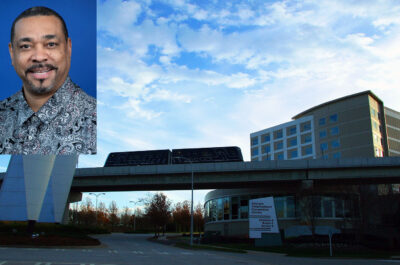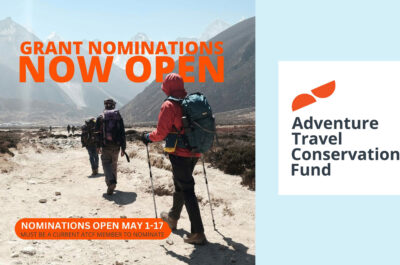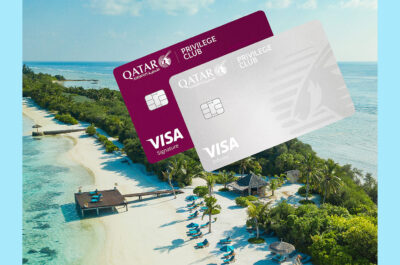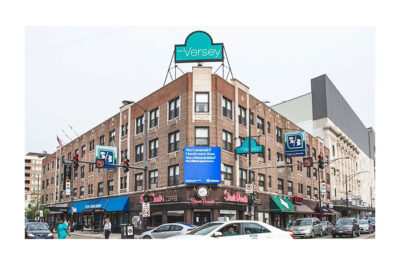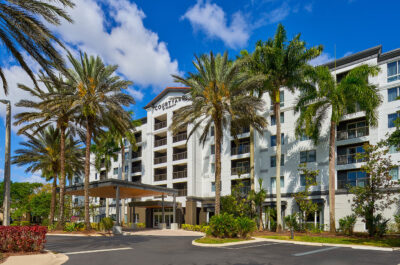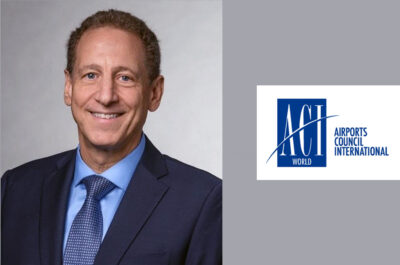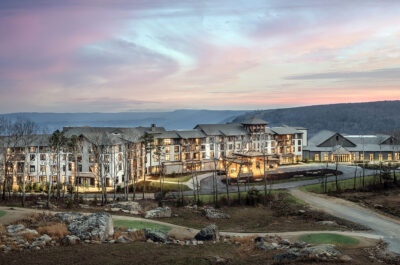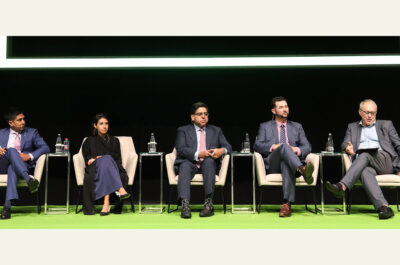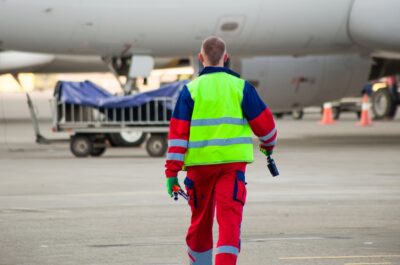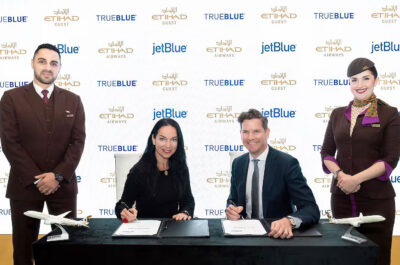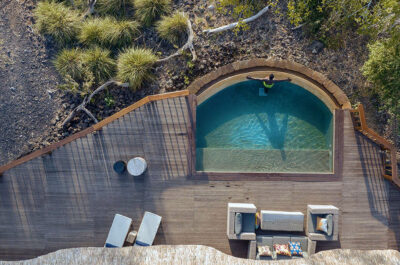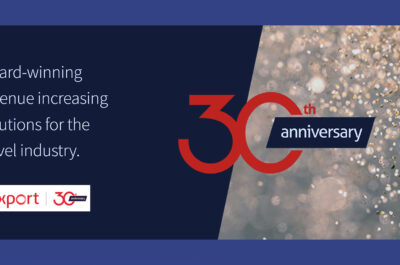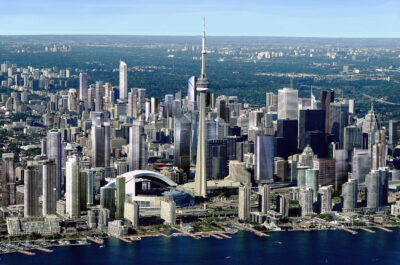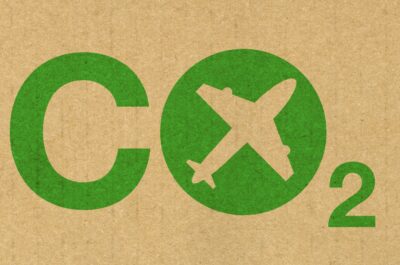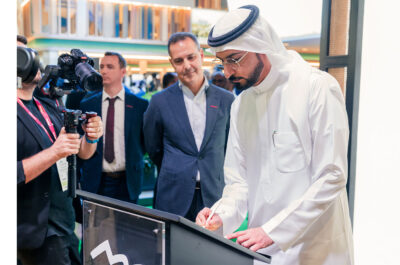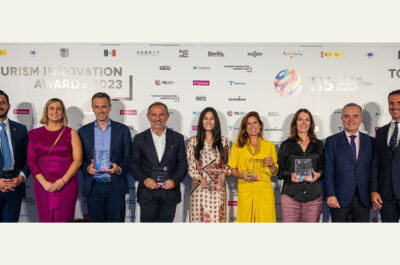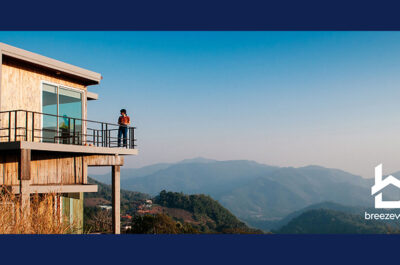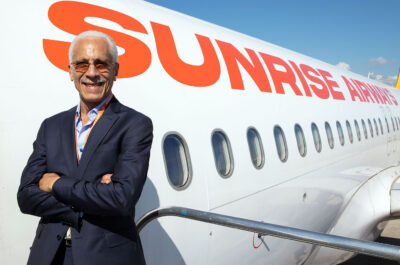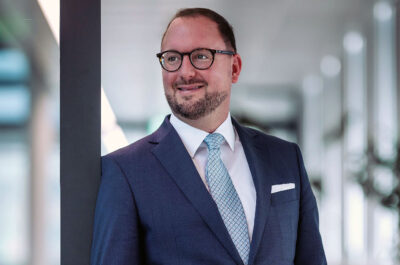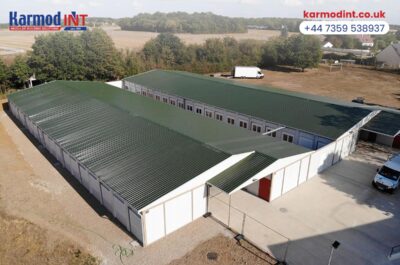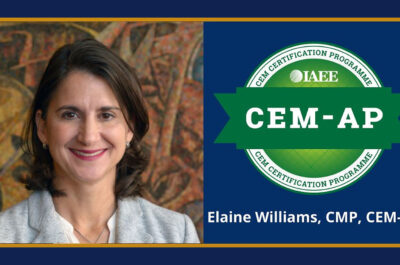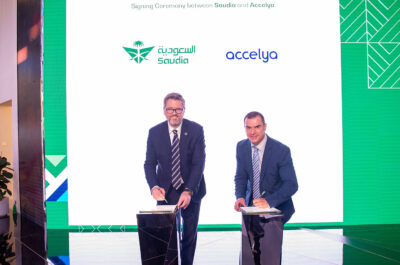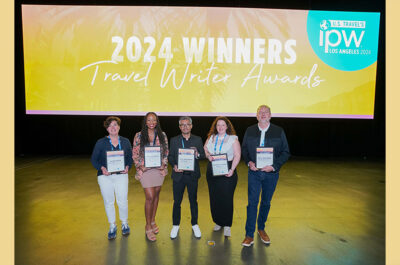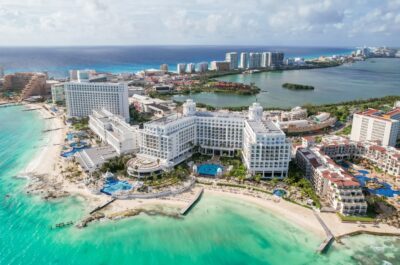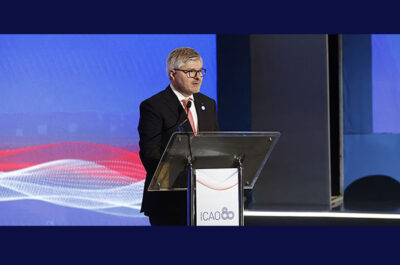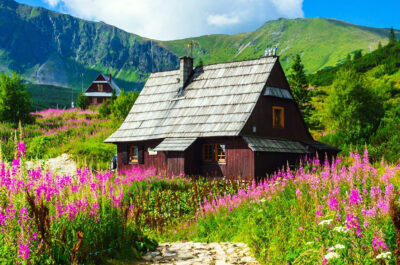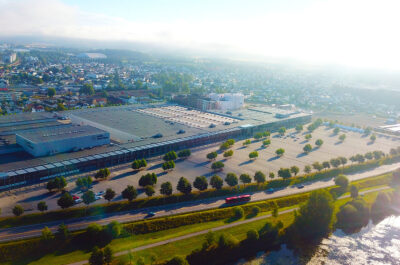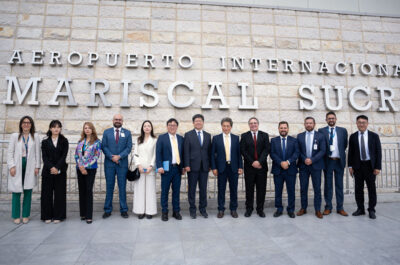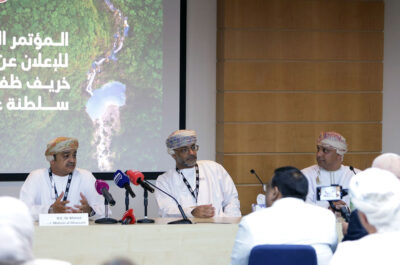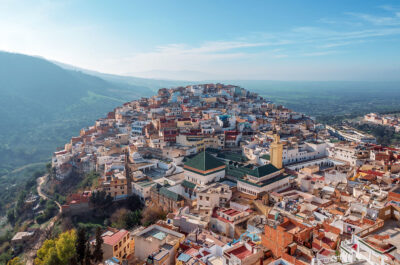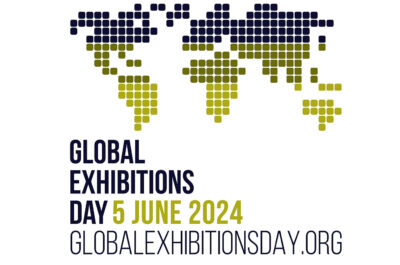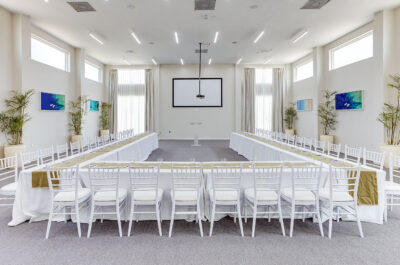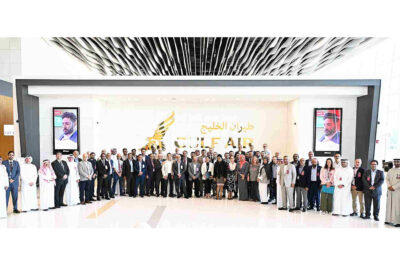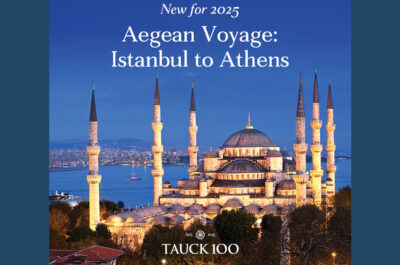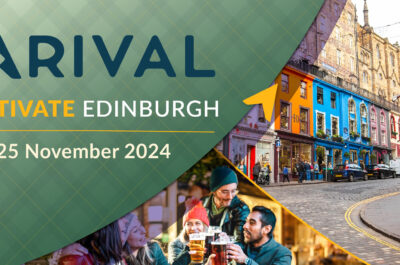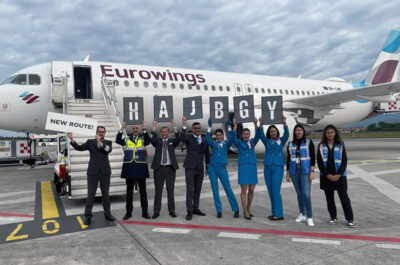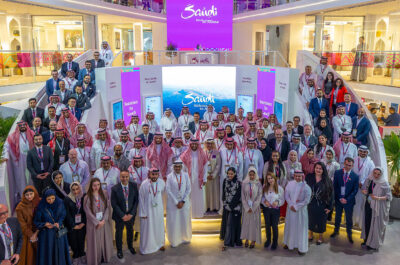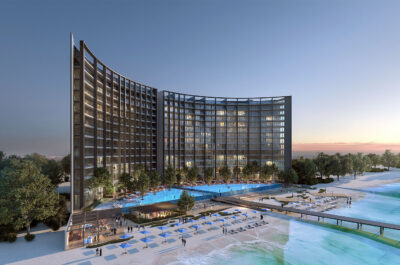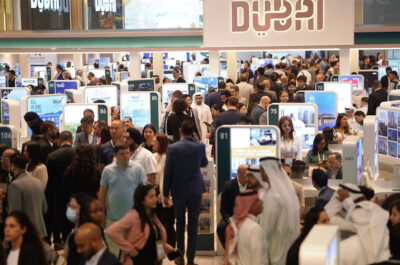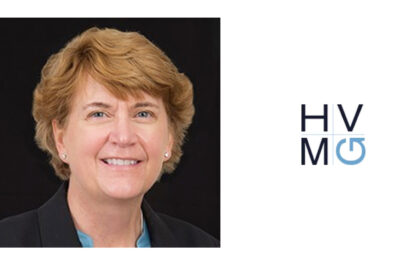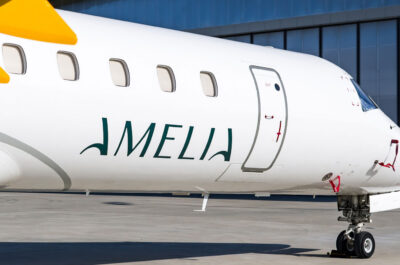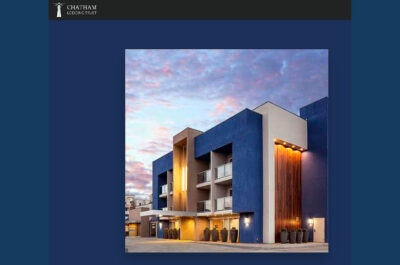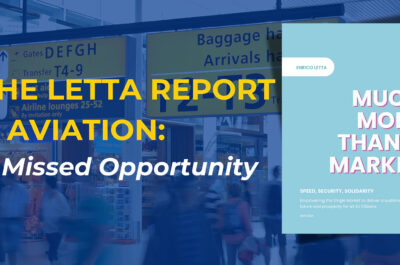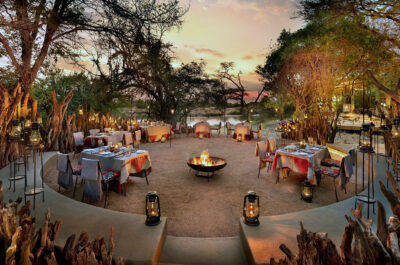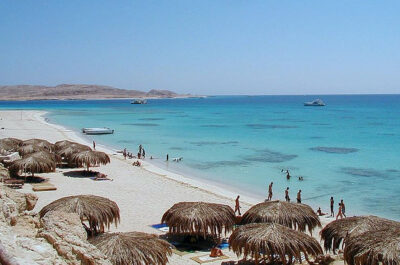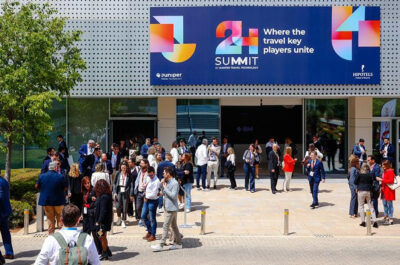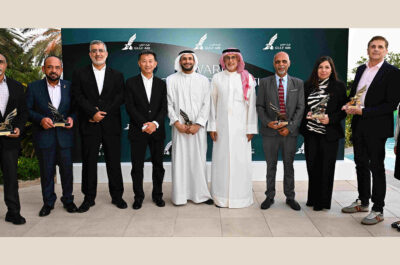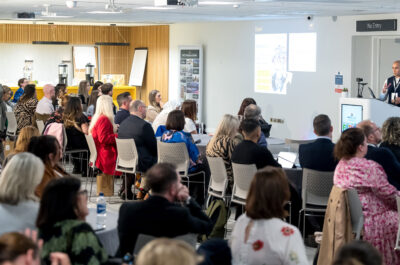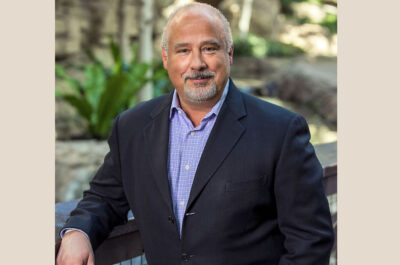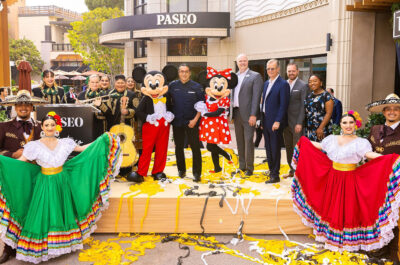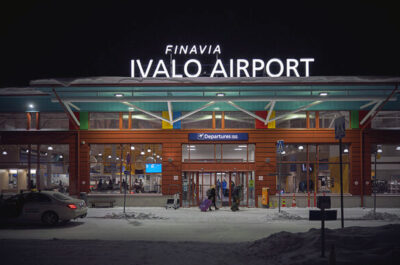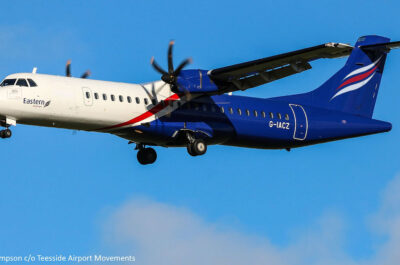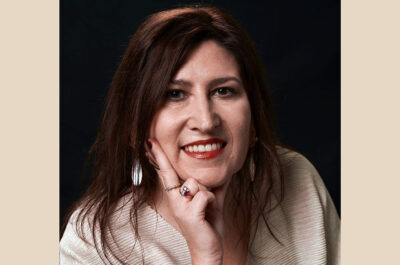South Africa is one of the most diverse and enchanting countries in the world. Even over recent years, which have been amongst the most difficult ever experienced in…
South Africa is one of the most diverse and enchanting countries in the world. Even over recent years, which have been amongst the most difficult ever experienced in world tourism, South Africa’s international arrivals have continued to grow.
Over the past decade, tourism’s contribution to the country’s economy has almost doubled, eclipsing gold as an earner of foreign exchange, and with a predictable knock-on impact on hotel performance.
Growth has been good every year since the HotelBenchmark Survey began to track South Africa, and during 2005 its revenue per available room (revPAR) increased by 10%, which is ahead of both Europe and Asia.
Having established its place on the destination wish list for travellers, South Africa is now focusing on the more profitable corporate market for future growth. The Football World Cup in four years’ time will also provide exposure on the world’s stage, giving the country a showcase opportunity across the sporting, business and general tourism markets.
Impressive tourism assets
During 1994 – the first year of the new democracy – fewer than 3m visitors travelled to the country. A decade later, the figure more than doubled and South Africa recorded its highest number of international tourist arrivals ever – reaching 6.4m. The trend continued into 2005, according to World Tourism Organisation (UNWTO), as latest figures to August show an 11% rise compared to the previous year.
There are several factors that have enabled South Africa to do so well, while the global tourist industry has experienced incredibly tough times. First, South Africa is seen as being remote from the terrorism, SARS and avian flu that have affected many other countries. It has built up an image as a safe holiday destination, with government and industry leaders acting quickly to counterbalance reports of car jackings and visitor muggings with initiatives to ensure travellers’ safety.
Second, despite the continuing strength of the Rand, South Africa still represents good value for money. American Express, in fact, ranked it as the world’s second most affordable destination last year. The strengthening of the Rand in 2004, however, did put pressure on five star hotels, as tourists sought better value in three and four star accommodation.
Third, South Africa has impressive tourism assets, including world-class beaches that enjoy year-round sunshine. Its vibrant and culturally diverse cities provide excellent shopping and dining, and visitors from the UK rate Cape Town as the best city in the world for eating out, and their second favourite destination overall?.
Tourism is buoyant and the country hopes to encourage more people to visit outside of the traditional peak vacation times of December, Easter and July. It also wants to tempt visitors to provinces other than the Western Cape and sample the unspoilt landscapes and abundant wildlife.
The corporate market
Having established itself as a top choice for tourists, South Africa has now turned its attention to the corporate market. This is not surprising, given that the average meeting delegate spends at least three times as much as a leisure tourist.
Cape Town is just one of several cities hoping to grab a larger share of the global meeting, incentive, conference and events (MICE) market. Events hosted last year included the Cape Town Grand Champions Tennis and the World Convention of the International Confederation of Principles. In September this year, the impressive International Convention Centre which opened in 2003, will host the International Congress of Radiology that will see 4,000 delegates arriving in Cape Town for the four-day event.
Johannesburg is also positioning itself in the MICE market, and hosted the World Petroleum Council Congress at the Sandton Conference Centre last year. This five-day event boosted revenues for hoteliers, especially those close to the Centre, with an excellent revPAR rise of 33.2% compared to the same period last year. This was driven by average room rates, which increased by 27.3% to R733.
Cape Town is currently at 30th place in the world’s most popular MICE destination – South Africa as a whole is in 27th place – and shares the country’s ambition of being in the top 20 next year and the top 10 by 2010. Given the world-class facilities now available in Cape Town, Johannesburg and Durban, this does not seem an unattainable goal.
With Africa still only accounting for 3% of the MICE market, there is massive potential for growth, but the competition is formidable. On top of established players attracting business from Europe, including India, Egypt and Thailand, there is increasing competition from emerging destinations such as China, Mozambique and Brazil.
South Africa’s innovative response has included a wide-reaching marketing campaign – Business Unusual – which enhances the country’s image as a startlingly different destination with natural beauty, a fascinating history and many attractions for the business professional.
However, one issue considered to be holding back the corporate market is the relatively high cost of flights, this is a major consideration for business travellers. Although liberalisation of the airline industry has come a long way on the domestic front, there has been little progress internationally, and flight prices are high when compared to similar destinations.
Direct flights from London are particularly expensive, although these can be cut by 50% by taking an indirect route via Qatar. This has not deterred airlines from increasing their routes, with several companies, including Virgin Atlantic, adding extra flights from London during the British winter.
Occupancy and room rates up
Since the launch of the South Africa edition of the HotelBenchmark™ Survey in 2000 – the country’s hotel market has grown each year. During 2005, hoteliers saw revPAR increase by 10% – the second highest growth posted in the last 5 years. This has been driven equally by increases in both occupancy and average room rates.
As can be seen from the table below, it was Durban that reported the strongest growth of any of the cities tracked. During 2005, Durban hoteliers saw revPAR increase by almost 16%. The city is expected to get off to a roaring start in 2006, as a result of hosting the A1 Grand Prix – the World Cup of motor sport – at the end January. This spectacular event – which cost around R9.1m to stage – was held along the beachfront with a Monaco-style circuit and was enjoyed by more than 100,000 spectators.
South Africa hotel performance – 2005 versus 2004
| Occupancy | ARR | RevPAR | ||||
| 2005 % |
chg. % |
2005 SAR | chg. % |
2005 SAR |
chg. % |
|
|
South Africa |
69 | 4.4 | 537 | 5.3 | 371 | 10.0 |
| Greater Cape Town | 70 | 4.1 | 643 | 5.3 | 447 | 9.6 |
|
Greater Durban |
75 | 7.4 | 473 | 7.8 | 356 | 15.9 |
| Greater Johannesburg | 69 | 5.1 | 512 | 7.0 | 355 | 12.4 |
|
Greater Pretoria |
71 | 4.9 | 434 | 6.6 | 308 | 11.9 |
Source: HotelBenchmark™ Survey by Deloitte
Sharing the wealth
The big news for the tourism industry last year was the launch of the Black Economic Empowerment (BEE) Charter and Scorecard. The policy, announced in May, aims to improve the balance of power between blacks and whites in the industry and should help share the wealth generated from tourism. The scorecard has seven indicators, each with a weighting, which measure black involvement across specific areas of business.
One response to the charter came from the hotel company Sun International. It announced a R604m deal, which will lead to 25% of the company becoming black owned.
The overall impact this charter will have on the South Africa hotel industry is unclear as yet. With some international companies reluctant to dilute their ownership, there have been concerns that the new policy will hinder international investment in South Africa. As some multi-nationals signalled their intention to divest from South Africa if they were forced to comply, special dispensation in some target areas has been given.
A healthy future
Both domestic and international demand is pointing to a healthy future for hospitality, and preparations are well underway for the 2010 FIFA World Cup. The importance of hosting an international sporting event is well recognised, as these tend to expose the country to new markets and attract other bookings.
Although most agree that the country already has the hotel capacity to cope with the demand generated by the tournament, new supply is inevitable in the run up to the event.
Tourism in South Africa is expected to grow by almost 6% for the next ten years, and currently contributes more than 9 % to Gross Domestic Product. This is a remarkable achievement for a country that – just over ten years ago – was not even on the tourists’ map.
Theodore is the Co-Founder and Managing Editor of TravelDailyNews Media Network; his responsibilities include business development and planning for TravelDailyNews long-term opportunities.









